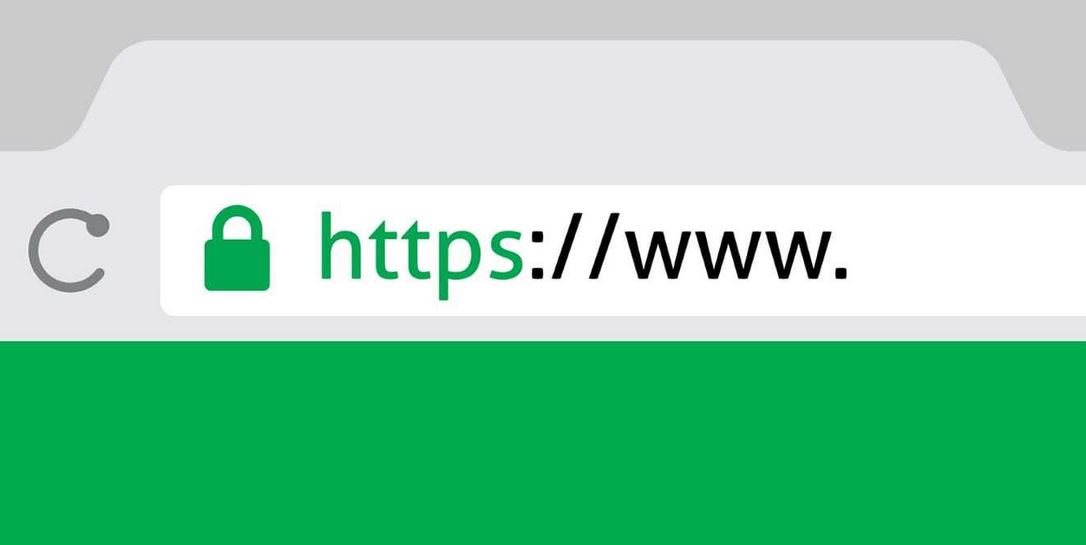

For any online business, integrity and customer trust are two main things to succeed. This also will reduce your competition with other websites. To achieve this, securing your website is one of the preferred methods to follow. That’s why an SSL certificate is important for your website. But if you are starting a website for the first time, then you might not be heard this term before. However, this guide can let you learn about the SSL certificate appropriately.
Since there are many SSL certificates with lucrative add-ons in the market, it becomes essential for website owners to compare those and choose the right one for them. So before selecting an SSL certificate for your website, you should know some basics about this.
What Is An SSL Certificate?
This helps to encrypt sensitive information on the web while transferring over the internet. It uses secure sockets layer technology to protect the credentials of a website. With an SSL certificate, your browser can establish a secure connection to let you send sensitive information such as credit card numbers, passwords, usernames, etc. to the webserver. You can get an SSL certificate for your website by sending a Certificate Signing Request to your hosting provider or respective SSL provider. In the next phase, the provider will verify your website details and issue the certificate.
An SSL certificate contains important information such as the name of the certificate holder, serial number of certificate, expiry date, the public key of the certificate holder, a digital signature of the certificate provider. Once you have obtained an SSL certificate, you can build customer trust and protect the sensitive information from hackers.
How does it work?
The working principle of SSL certificates is very simple. They use a public key and private key to create a secure connection between the browser and the server. The public key encrypts the data being transferred to the server, and the private key is stored in your local computer to decrypt the data securely. Thus it reduces the chances of vulnerabilities on your website. Usually, it performs an SSL handshake process between the server and web browser to establish a secure connection.
Why Do You Need An SSL Certificate?
The main advantage of an SSL certificate is that it ensures a secure connection between server and browser to allow your users to browse on the web with no fear. Moreover, it is the basic need for letting your visitors transact on your website with sensitive information like a credit card number. Also, Google urges websites to use HTTPS to create a more secure web for people. Therefore, you will need an SSL certificate for your website in order to succeed online.
Types of SSL Certificates:
SSL certificates are usually categorized into three types, namely Domain Validation, Organization Validation, and Extended Validation. So you should know about these to select the right type for your website.
- Domain Validation:
This is a standard SSL certificate that defines that the domain name is issued by your name. It is the basic type SSL certificate and takes several minutes to hours for issuing. The certificate authority confirms your ownership on the domain by communicating with you via email linked to your website that is recorded on WHOis. This type of validation is good for internal systems only.
- Organization Validation:
This certificate is a little advanced from the DV certificate, and real agents of the certificate authority verify your domain ownership. The verification process to obtain an OV certificate contains several steps to ensure that you are running a registered business. It also requires additional documents for verification. This certificate is ideal for companies and businesses and takes some hours to days for validating the ownership.
- Extended Validation:
This is the most advanced SSL certificate and provides the highest level of security. In order to obtain an Extended Validation certificate, you will have to go through a strict verification process. It needs business information to prove domain ownership. It checks and ensures that the business is a legal entity. The validation process can take up to a few weeks to obtain this certificate. It will display a green padlock on the browser for your website and boost the confidence of the user that your website is secure. Extended Validation should be used by eCommerce businesses to build customer trust.
Conclusion:
SSL certificates are a need for all types of websites for data encryption purposes. This adds a layer of protection to your website and helps your visitors browse safely. So if you still don’t have an SSL certificate, then you should consider installing one.
